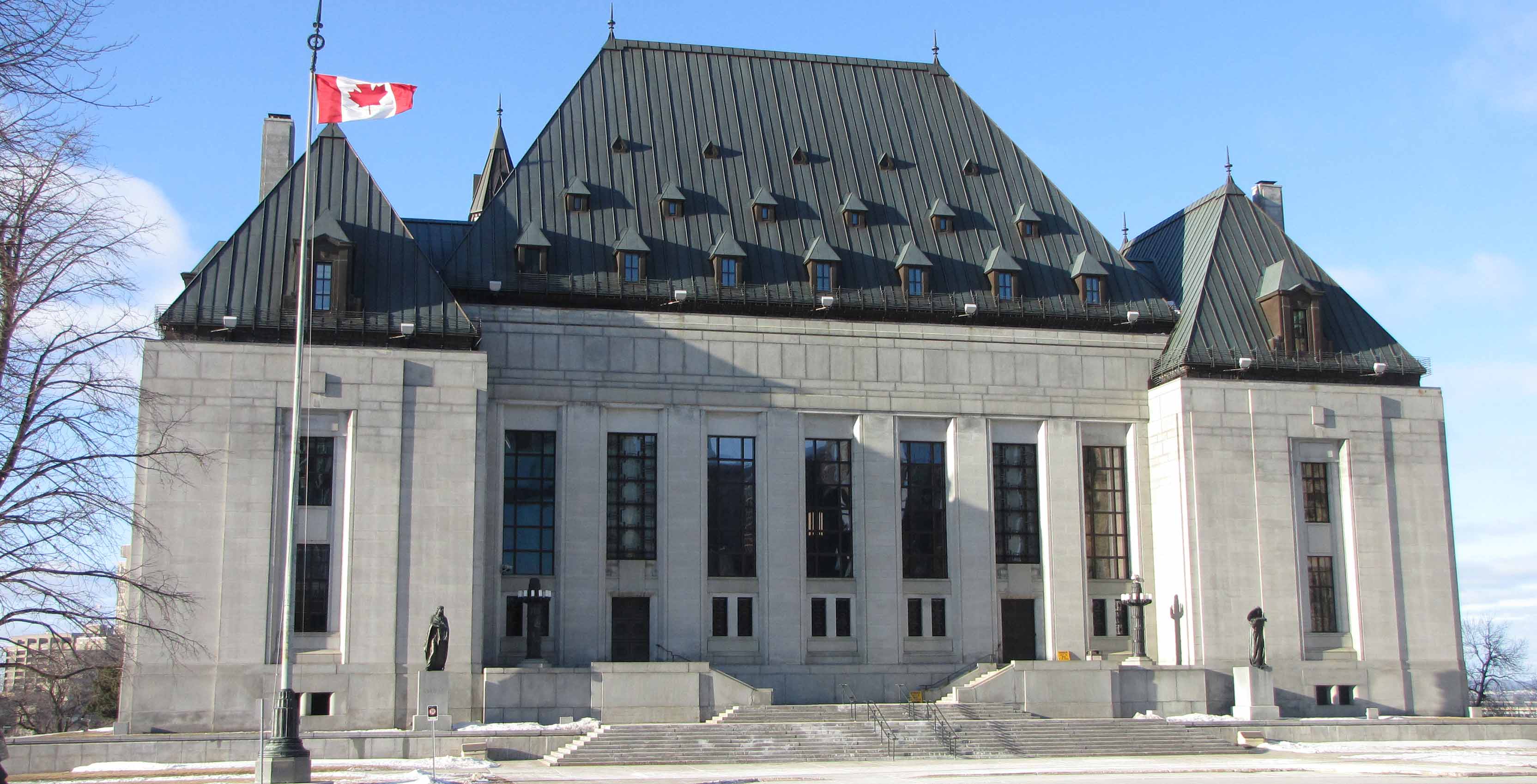
With a majority taking the stance that capturing private electronic communication does not require a search warrant in some circumstances, the Supreme Court of Canada has decided against hearing the appeal in a case involving an undercover police sting operation over online messaging.
In 2012, Newfoundland and Labrador man Sean Mills was arrested after he exchanged explicit messages with who he thought was a 14-year-old girl through Facebook. In reality, it was a police officer who eventually met Mills in a park to apprehend him. Subsequent to the arrest, the police screen-captured the conversations, which were used as evidence in the proceedings—all without a warrant.
The courts were asked to examine if the evidence could be used without requiring a warrant, and the appeal made it to the Supreme Court of Canada.
Experts say decision can bolster protection
While it was a unanimous decision to dismiss the appeal, four out of the seven Supreme Court Justices offered opinions that could bolster privacy protections in Canada.
Privacy experts say the fundamentals of the case were too close to infringing on the limits imposed by section 8 of Canada’s Charter of Rights and Freedoms — the protections against unreasonable search and seizure. This ruling offers a clarification as to what actions police can take to surveil a suspect online. In this example, there needs to be a specific crime occurring to not require a judge’s permission to capture communications.
“Overall, I’m encouraged because the plurality of judges in the court gave a very very narrow, very specific decision and they held that their decision was really limited to the circumstances of this case,” said attorney Jill Presser to MobileSyrup in a phone interview. Working with the Canadian Internet Policy and Public Interest Clinic (CIPPIC) based in Ottawa, Presser helped submit an intervention calling for the consideration of stronger privacy protections.
Industry experts say that what was at stake was the expectation of privacy in the context of digital text-based communications.
“Electronic one-on-one conversations have the potential to reveal core biographical information about an individual and this can be true even among people who have never met in person,” said Presser and it should result in an expectation that the communication is considered private.
“We also argued that there really shouldn’t be any distinctions made between whether communications are spoken communications or text-based communication. Police officers who want to record a live voice conversation have to get a wiretap authorization because we’ve recognized that there is a high expectation of privacy,” she said.
Police should get warrants when capturing online communication: Presser
Another element Presser and the CIPPIC were concerned with was the overreach of law enforcement.
“We don’t want to live in an Orwellian world where the person to whom we’re communicating at any given point might be law enforcement [or] might be an agent of the state,” she said.
What ended up resulting from the dismissal were three distinct opinions. The first and most popular opinion, held by Justices Rosalie Abella, Clément Gascon and written by Russell Brown, concluded that the circumstances of the crime meant that the defendant had no expectation for privacy.
The supporting opinion of Justice Andromache Karakatsanis and Chief Justice Richard Wagner actually found that there is no unreasonable search and seizure of information when undercover police officers communicate in writing one-on-one with people, nor when screen capture software is used to collect evidence.
“If [Karakatsanis and Wagner’s opinion] were to become the law, it would suggest a much broader application for the Mills decision and one that I think would have a very chilling effect on people’s ability to communicate freely through electronic means,” said Presser.
Though she was still supportive of the other justices’ conclusions to dismiss the case, Justice Sheilah Martin did find that Section 8 of the Charter was breached when the record of the conversation was acquired without the consent of a judge.
With it all said and done, this ruling wasn’t necessarily a slam dunk for maintaining protections against the state’s incursion to online privacy. Though, Presser has some advice for law enforcement who will need to use it to guide future actions.
“There are certainly those who are going to say this is going to lead to confusion. Police officers on the ground now won’t know what they need to do; whether they need to get warrants or don’t need to get warrants,” said Presser. “My answer to that is: police should get warrants.”
“There’s no need for confusion. If you get a warrant, you’re in the clear.”
MobileSyrup may earn a commission from purchases made via our links, which helps fund the journalism we provide free on our website. These links do not influence our editorial content. Support us here.


